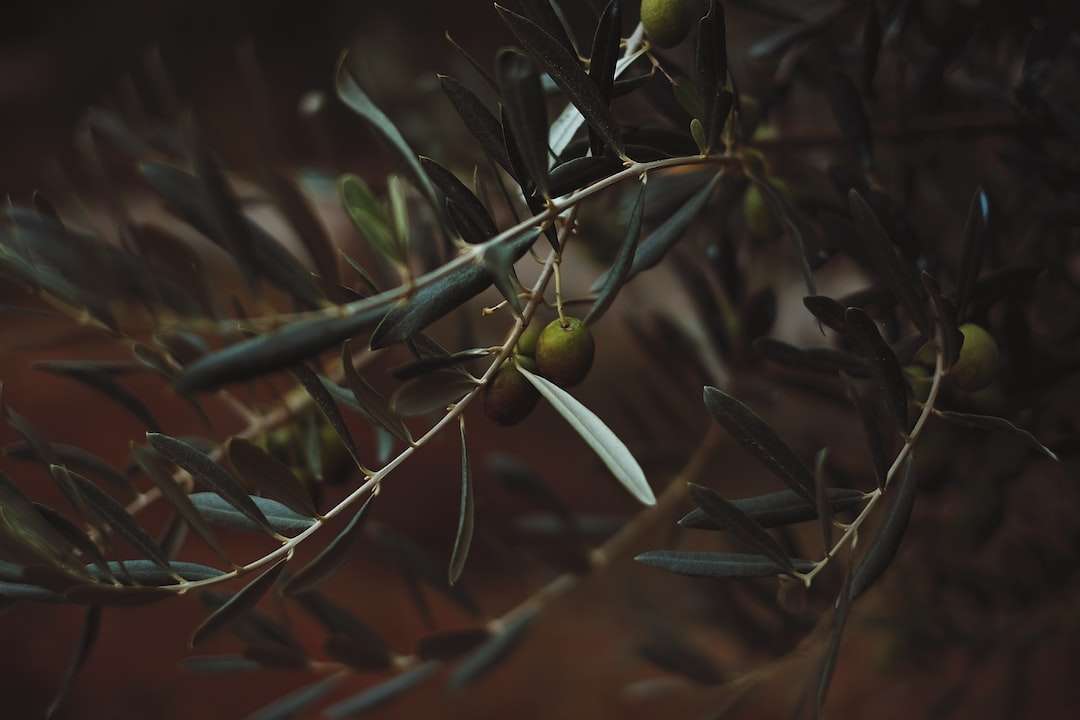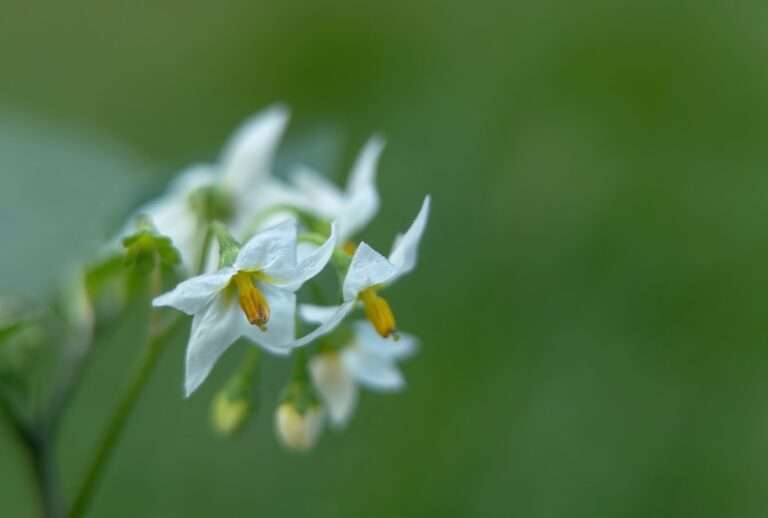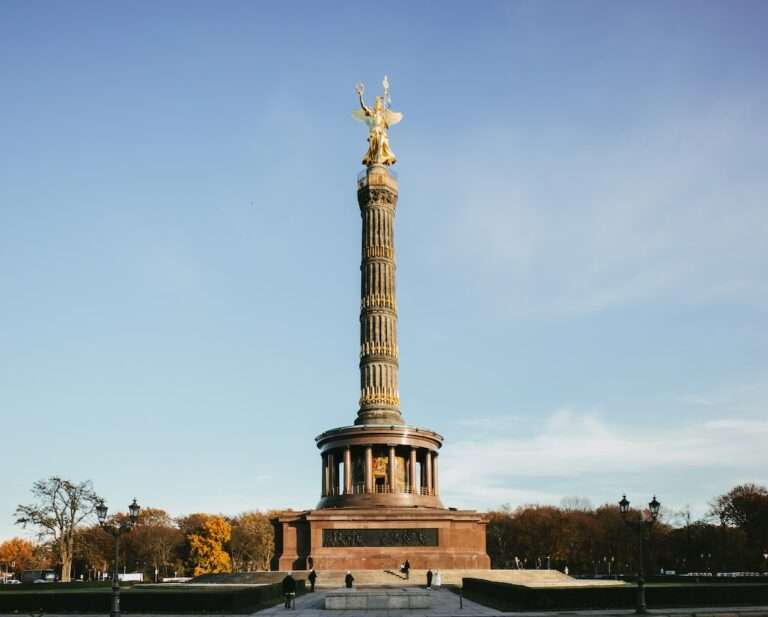Olive Symbolism: Exploring the Meaning Behind the Ancient Tree

Olive symbolism holds great significance in various cultures and contexts throughout history. The olive tree, with its evergreen leaves and bountiful fruit, has been revered for its beauty, resilience, and nourishment. It has been a symbol of peace, harmony, and prosperity, as well as a source of healing and sustenance. From ancient civilizations to modern times, the olive tree and its products have played a vital role in religious rituals, artistic expressions, culinary traditions, and environmental sustainability.
The Historical Significance of Olive Trees in Ancient Cultures
In ancient Greek and Roman societies, the olive tree held immense cultural and economic importance. It was considered a sacred tree and was associated with the goddess Athena in Greek mythology. Olive oil was used for cooking, lighting lamps, and as an essential ingredient in cosmetics. The Greeks believed that the olive tree was a gift from the gods and that it symbolized wisdom, peace, and victory.
Similarly, in ancient Egypt and Mesopotamia, olive oil was highly valued for its medicinal properties. It was used as a healing ointment for wounds and skin ailments. The Egyptians also used olive oil in religious ceremonies and believed that it had purifying qualities. The olive tree was seen as a symbol of fertility and abundance in these ancient cultures.
The Symbolism of Olive Branches in Religious and Mythological Contexts
One of the most well-known instances of olive symbolism is found in the biblical story of Noah’s Ark. After the floodwaters receded, Noah sent out a dove to find dry land. When the dove returned with an olive branch in its beak, it signaled to Noah that the waters had subsided and that land was near. Since then, the olive branch has become a universal symbol of peace and hope.
In Greek mythology, the olive branch was associated with the goddess Athena, who was the patron of wisdom, courage, and peace. It was believed that she planted the first olive tree on the Acropolis in Athens, and from that tree, the city received its name. The olive branch was also used to crown the winners of the ancient Olympic Games, symbolizing victory and honor.
The Spiritual Meaning of Olive Oil in Rituals and Ceremonies
Olive oil holds great spiritual significance in various religious traditions. In Christian baptism and confirmation ceremonies, olive oil is used to anoint individuals as a symbol of their initiation into the faith. It represents the presence of the Holy Spirit and the blessings of God. In Jewish tradition, olive oil is used to light the menorah during Hanukkah, symbolizing the miracle of the oil that burned for eight days.
In Islamic culture, olive oil is mentioned in the Quran as a blessed substance. It is used for anointing newborn babies, as well as for medicinal purposes. Olive oil is believed to have healing properties and is used in traditional Islamic medicine to treat various ailments.
Olive Trees as a Symbol of Peace and Harmony
The use of olive branches as a symbol of peace dates back to ancient times. In Greek and Roman cultures, victorious athletes were crowned with olive wreaths as a sign of honor and peace. The symbolism of the olive branch as a symbol of peace has continued into modern times and is recognized worldwide.
The historical significance of olive branches as a symbol of peace can be seen in various contexts. For example, during the Olympic Games, a torch is lit using the rays of the sun and an olive branch is used to ignite it. This symbolizes the coming together of nations in peaceful competition.
The Symbolic Representation of Olive Trees in Art and Literature

Olive trees have been depicted in art and literature throughout history, often symbolizing various themes such as love, endurance, and resilience. In Shakespeare’s play “Romeo and Juliet,” the olive tree is mentioned as a symbol of peace and reconciliation. The characters Romeo and Juliet compare their love to the olive tree, which can withstand storms and still bear fruit.
In the world of art, Vincent van Gogh’s painting “Olive Trees” is a famous example of the symbolic representation of olive trees. The painting depicts a group of olive trees against a vibrant blue sky, conveying a sense of tranquility and harmony. Van Gogh often used nature as a source of inspiration and saw the olive tree as a symbol of hope and renewal.
The Healing Properties of Olive Oil in Traditional Medicine
Olive oil has been used in traditional Mediterranean medicine for centuries due to its numerous health benefits. It is rich in monounsaturated fats, antioxidants, and anti-inflammatory compounds, which contribute to its healing properties. Olive oil has been used to treat various ailments, including digestive disorders, skin conditions, and cardiovascular diseases.
The consumption of olive oil has been linked to a reduced risk of heart disease, stroke, and certain types of cancer. It also helps to lower cholesterol levels, improve blood sugar control, and promote healthy digestion. Additionally, olive oil is beneficial for the skin and hair, as it moisturizes, nourishes, and protects against damage.
Olive Trees as a Sustainable Resource and Symbol of Environmentalism
Olive trees are not only culturally significant but also environmentally sustainable. They are well-adapted to arid climates and require minimal water compared to other crops. The cultivation of olive trees helps prevent soil erosion and contributes to biodiversity by providing habitats for various species.
Furthermore, the production of olive oil is more sustainable compared to other oils such as palm oil or soybean oil. Olive oil production has a lower carbon footprint and does not contribute to deforestation or habitat destruction. It is also a renewable resource that can be harvested year after year without depleting the land.
The Cultural Significance of Olive Trees in Mediterranean Cuisine
Olive oil and olives are essential ingredients in Mediterranean cuisine and play a central role in the region’s food culture. Olive oil is used for cooking, dressing salads, and marinating meats and vegetables. It adds flavor, richness, and health benefits to dishes. Olives are enjoyed as a snack, added to salads and pasta dishes, or used as a topping for pizzas and sandwiches.
The olive tree is deeply intertwined with Mediterranean food traditions and is considered a symbol of hospitality and abundance. It is often said that the olive tree provides everything one needs for a good meal: oil for cooking, olives for snacking, and wood for grilling.
The Enduring Importance of Olive Symbolism in Modern Times
In conclusion, olive symbolism has played a significant role in various cultures and contexts throughout history. From ancient civilizations to modern times, the olive tree and its products have been revered for their beauty, nourishment, healing properties, and environmental sustainability.
The olive branch has become a universal symbol of peace and hope, while olive oil holds great spiritual significance in religious rituals and ceremonies. Olive trees have been depicted in art and literature as symbols of love, endurance, and resilience. Furthermore, olive oil is valued for its numerous health benefits and is a staple ingredient in Mediterranean cuisine.
The enduring importance of olive symbolism in modern times reflects the timeless qualities associated with the olive tree: peace, harmony, healing, sustenance, and environmental sustainability. As we continue to navigate an ever-changing world, the symbolism of the olive tree serves as a reminder of the values we hold dear and the potential for growth and renewal.
If you’re interested in exploring the symbolism of olive, you might also find the article on the symbolism of the moon fascinating. The moon has long been associated with various meanings and interpretations across different cultures and religions. From representing femininity and intuition to symbolizing cycles and transformation, the moon holds a significant place in symbolism. To delve deeper into this intriguing topic, check out the article on what does the moon symbolize.
FAQs
What is olive symbolism?
Olive symbolism refers to the use of the olive tree, its fruit, and its branches as a symbol in various cultures and religions.
What does the olive tree symbolize?
The olive tree is a symbol of peace, wisdom, and victory. It is also associated with fertility, longevity, and prosperity.
What does the olive branch symbolize?
The olive branch is a symbol of peace and reconciliation. It is often depicted in art and literature as a symbol of hope and renewal.
What is the significance of the olive tree in Christianity?
In Christianity, the olive tree is a symbol of peace, hope, and salvation. It is also associated with the Garden of Gethsemane, where Jesus prayed before his crucifixion.
What is the significance of the olive tree in Judaism?
In Judaism, the olive tree is a symbol of the land of Israel and the Jewish people. It is also associated with the Temple in Jerusalem, where olive oil was used in religious ceremonies.
What is the significance of the olive tree in Islam?
In Islam, the olive tree is a symbol of peace and prosperity. It is also mentioned in the Quran as a blessed tree and a source of oil for cooking and lighting.
What is the significance of olive oil?
Olive oil is a symbol of purity, healing, and anointing. It is used in various religious ceremonies and rituals, as well as in cooking and medicine.





